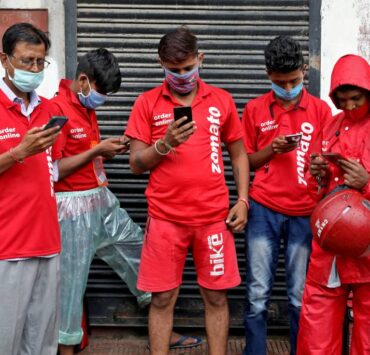Delivery boom draws Russians to courier jobs in search of extra cash
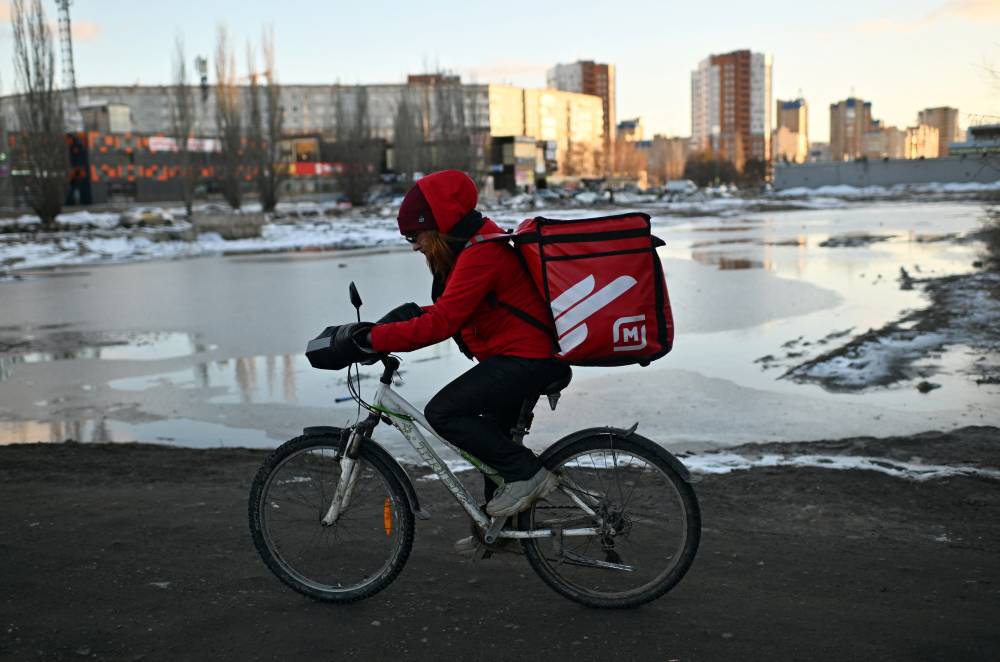
MOSCOW—Elena and Viktor’s apartment is packed with large, colorful rucksacks and the two bicycles they call their “iron horses.” They have quit their regular jobs, seeking better pay and more flexible hours to work full time as delivery couriers.
Demand for couriers in Russia has surged in the last few years, fueled partly by booming e-commerce growth in the wake of the COVID-19 pandemic. The market grew 34 percent in 2024 to 54.4 billion roubles ($645 million), according to Kommersant calculations from Rosstat data.
Elena Kashayedova and Viktor Drovovoz, who started living together in 2023 soon after they started dating, battle cold, snowy winters in the Siberian city of Omsk and face the daily task of hauling their bikes up and down five flights of stairs in their apartment block.
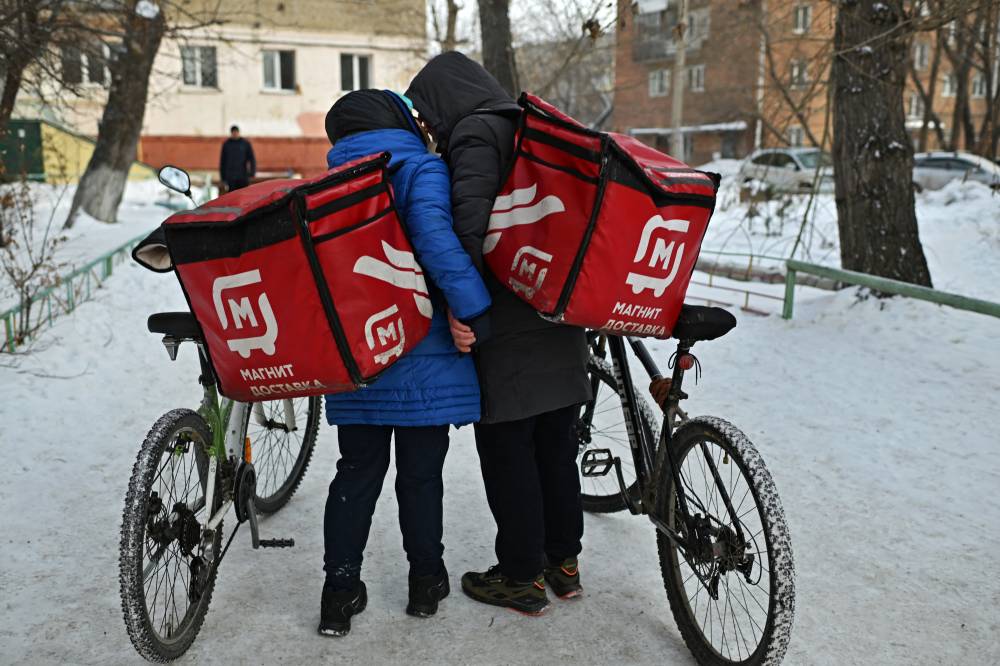
But for Kashayedova, who quit her previous job as a boiler operator in January, the financial upside of being a courier makes it well worth it.
“They tried to talk me out of it for a long time, but now I understand that I made the right decision, because in addition to freedom, no management, no team, you also get a decent income,” she told Reuters.
“In many regions, wages leave much to be desired and … in courier services you can get three to four times more,” she said. “By the standards of our city, this is very good money.”
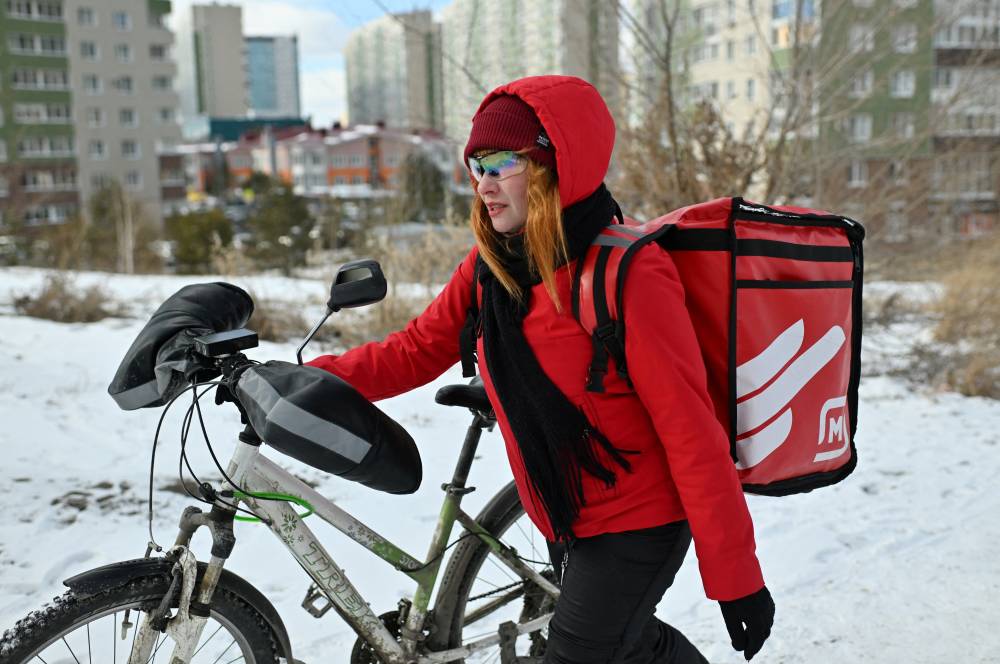
More couriers
Russia’s spending on the conflict in Ukraine has boosted some wages and consumer spending; that has exacerbated already high inflation but led more people to use the relative luxury services offered by delivery companies like Samokat, Sberbank-owned Kuper, and those run by tech giant Yandex and major retailers X5 and Magnit.
Yandex Food, the technology company’s delivery arm, has attracted more couriers as the market has grown, said Sergei Dolgov, head of its operational management service, with people enjoying the flexibility and ease of setting up for deliveries.
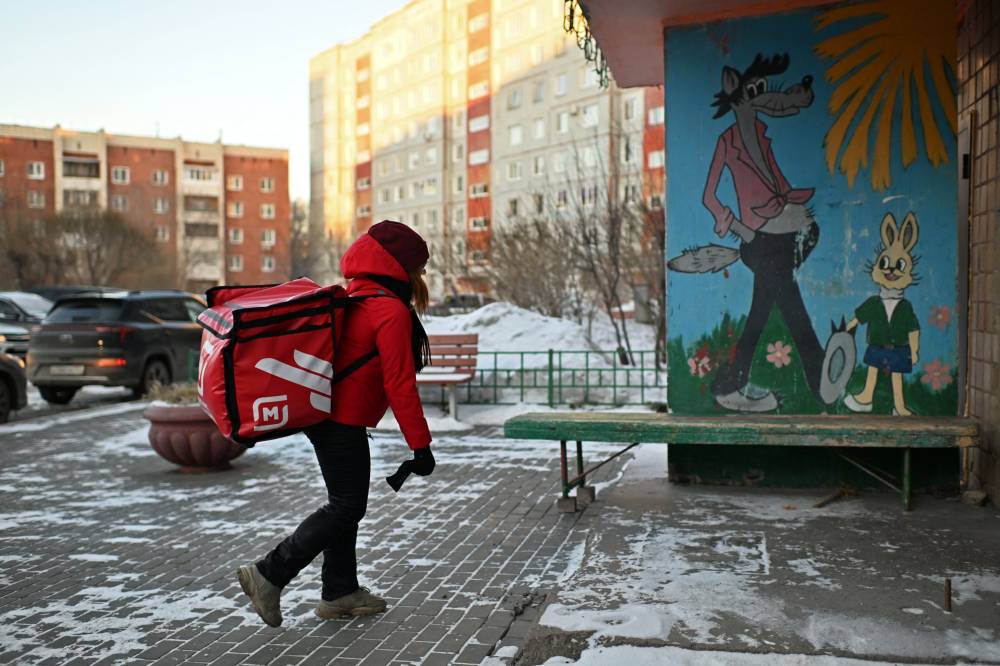
“It’s not only, as it used to be, just guys working as couriers, but now there is a large number of girls, and, in fact, people with higher education, of course, also use delivery as an opportunity to quickly join in and have an additional income,” Dolgov said.
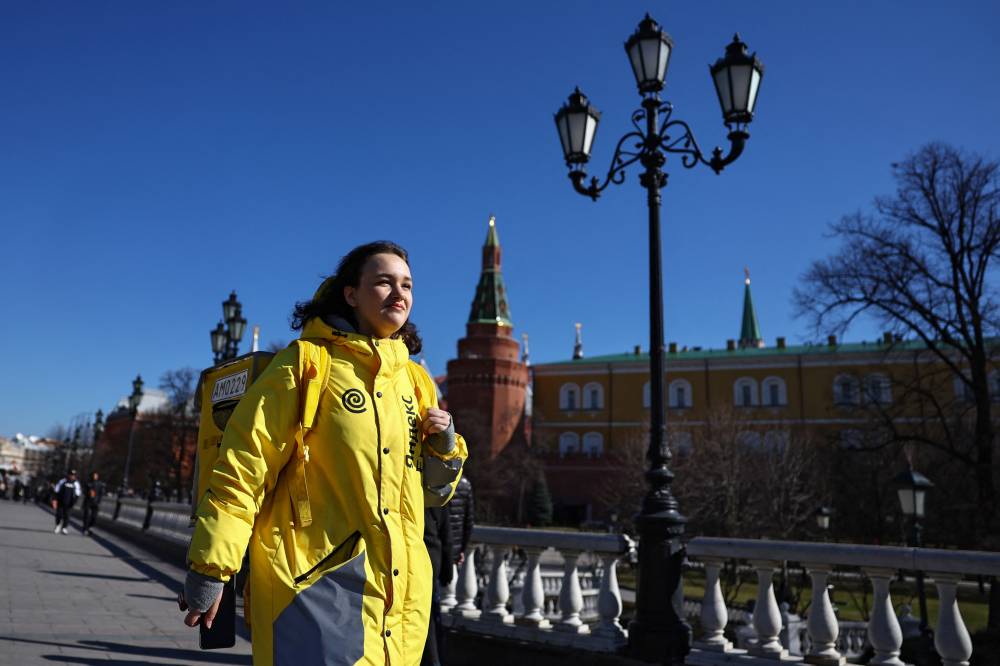
Side hustles
Architecture student Polina Kalinichenko is one such example, earning around 50,000 roubles ($593) in March alongside her studies.
“Questions arise as to why I am not fully engaged in architecture,” Kalinichenko told Reuters in Moscow. “But in principle, this is my decision, so I don’t see anything wrong with it. This does not prevent me from working as an architect and studying.”
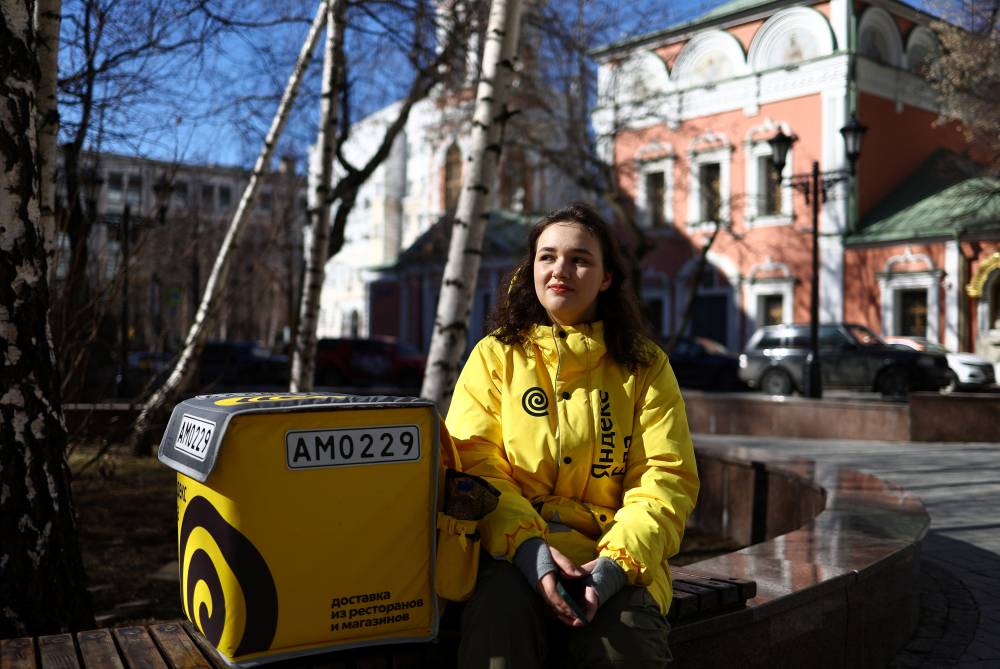
For some, the delivery boom has piqued entrepreneurial curiosity.
Roman Kolesnikov pivoted from developing a business and mobile app to running a fleet of delivery drivers in Moscow, realizing that he could buy small, cheap cars manufactured by the likes of Daewoo and Suzuki and rent them out to couriers.
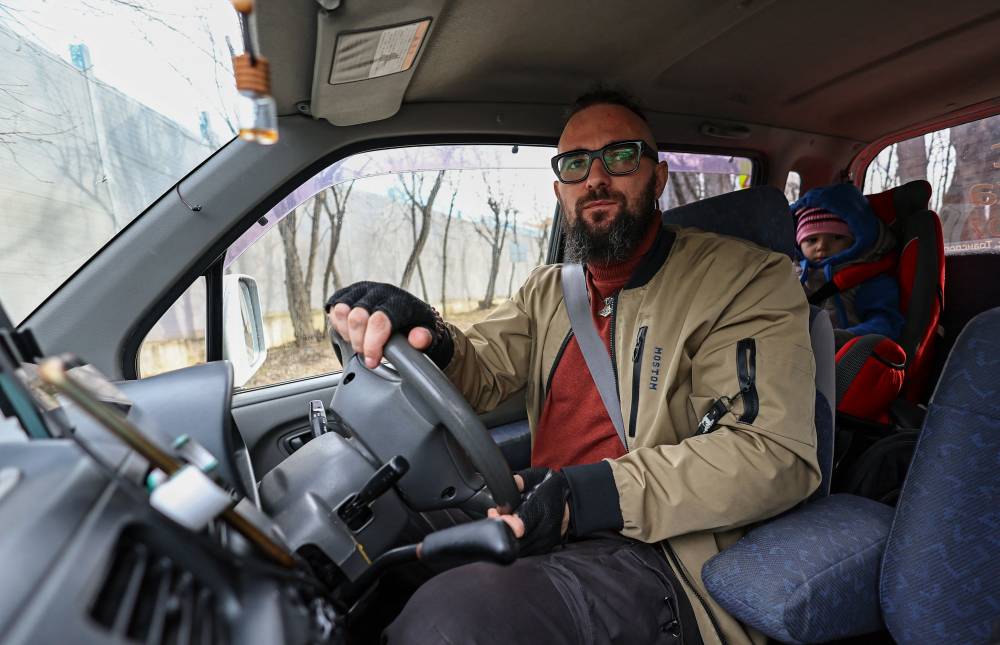
“It is better to receive 1 percent of the income of a hundred people than 100 percent of your own,” Kolesnikov said. “And today I already have about 30 cars in my fleet.”
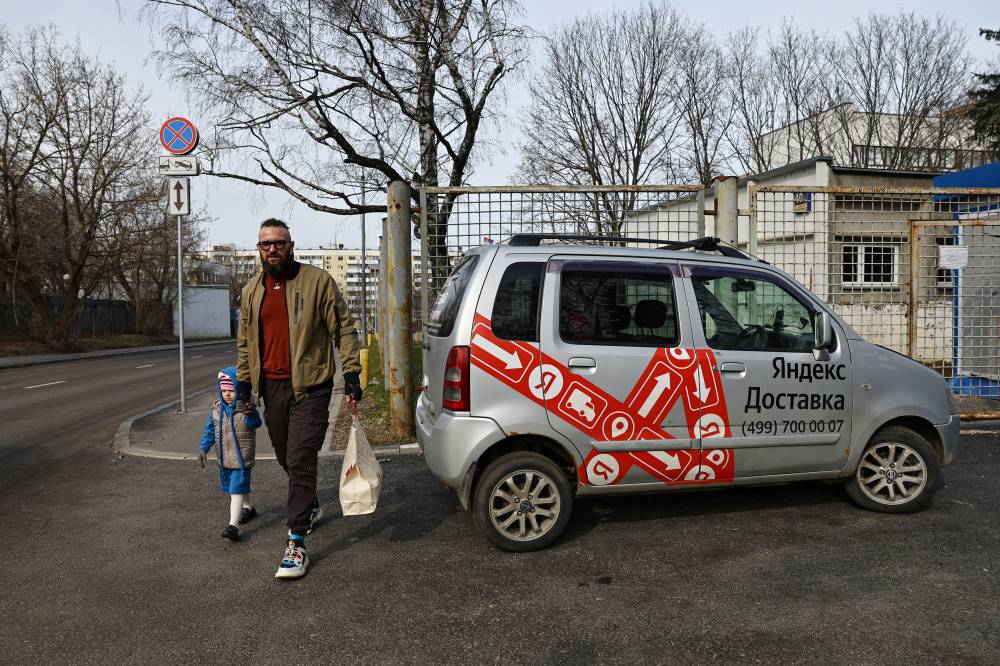
When not managing the fleet, which can earn him over 300,000 roubles in a good month, Roman sometimes makes deliveries himself, bringing his young daughter along for the ride while his wife is at work.
“We help each other, we share a budget,” he said. “And this activity brings in the majority of the family income.”
Reuters, the news and media division of Thomson Reuters, is the world’s largest multimedia news provider, reaching billions of people worldwide every day. Reuters provides business, financial, national and international news to professionals via desktop terminals, the world's media organizations, industry events and directly to consumers.














